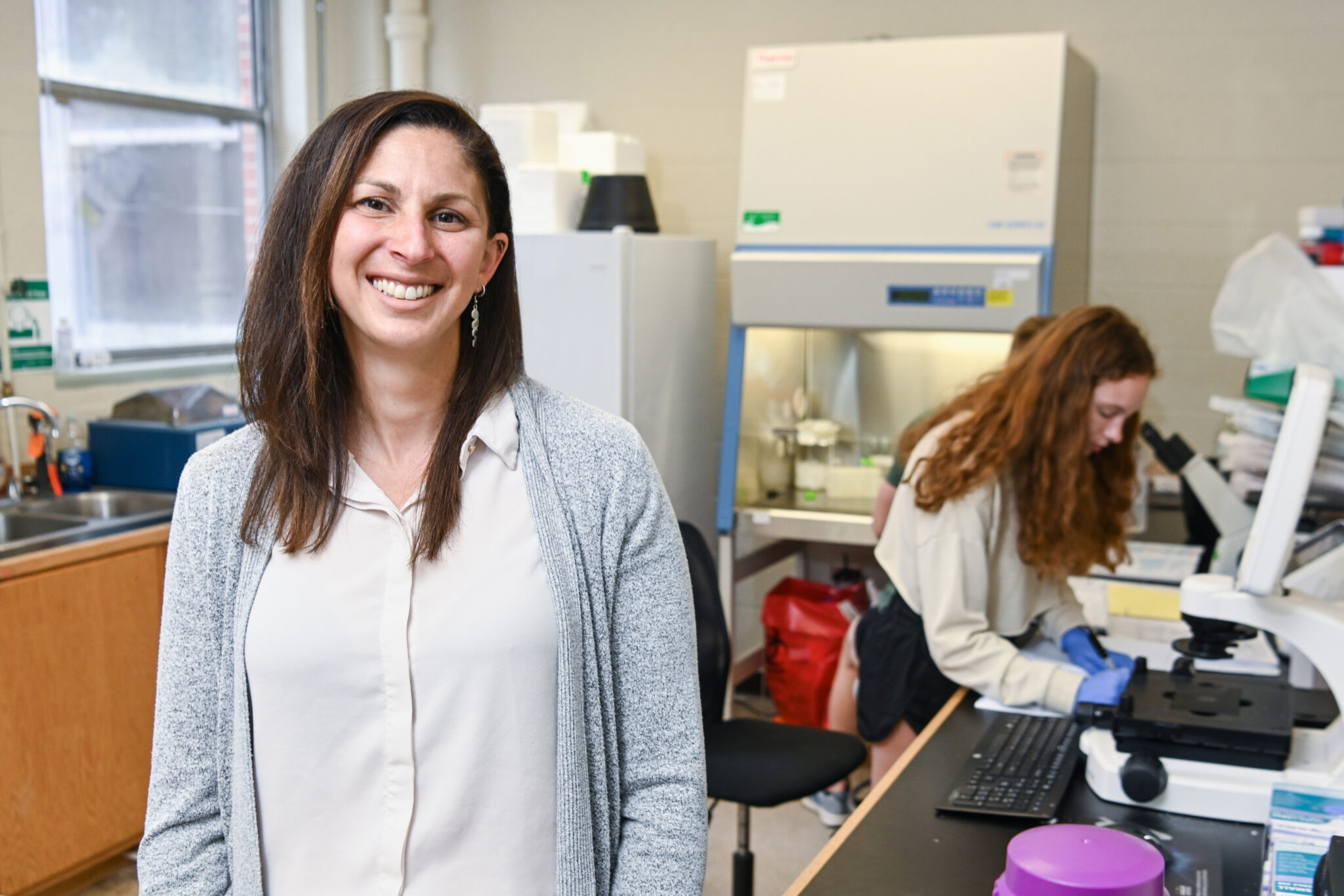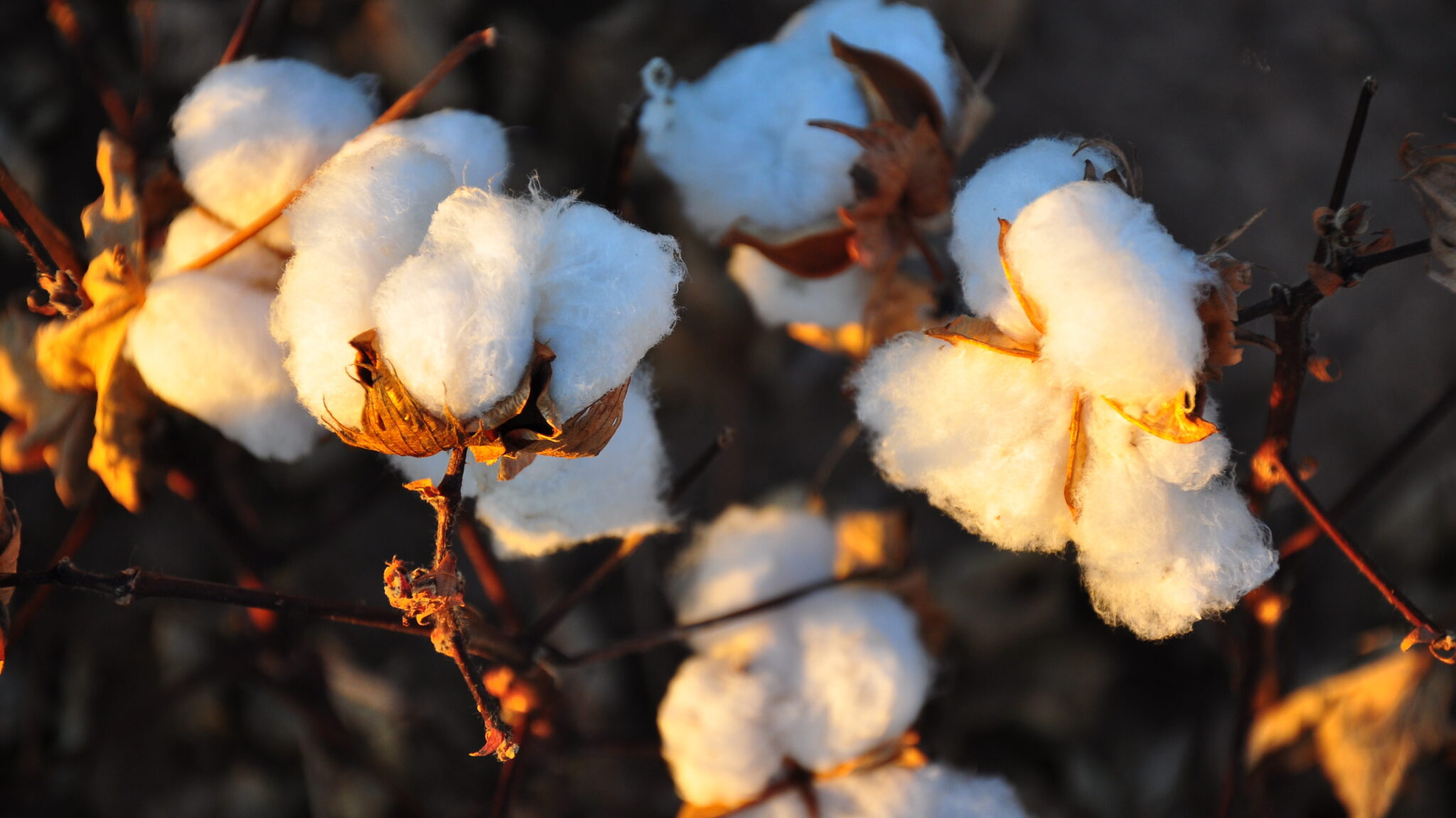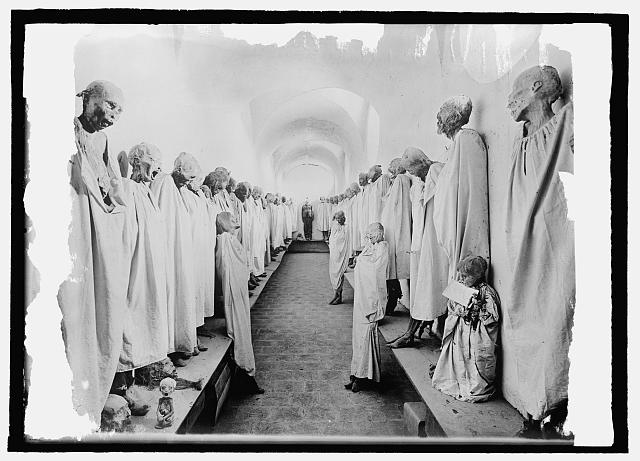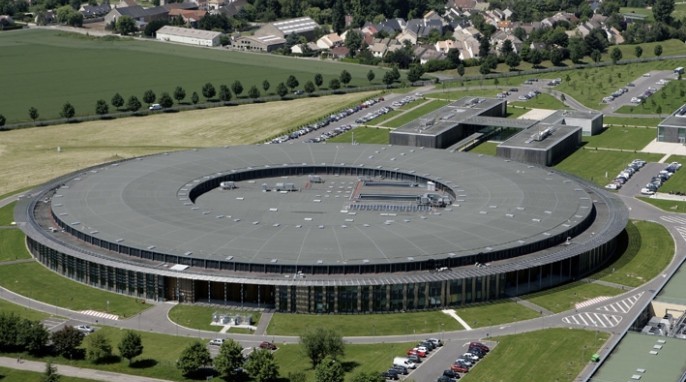A biologist studies living things: how their internal processes work, how they evolved, how they relate to their environment, and more! Introducing Dr. Jamie Newman, who tells us about herself and her career.
Meet Jamie Newman, an Associate Professor of Biology and Associate Dean for Research and Graduate Studies in the College of Applied and Natural Sciences at Louisiana Tech University. She has a PhD in Biology from MIT. She teaches undergraduate and graduate students both in the classroom and in her molecular biology lab. She also supports faculty and students conducting their own research, and is the biologist responsible for the science part of the Visual Integration of Science Through Art (VISTA) Center and is involved in the new Journey to a Better World book series for kids. Keep reading to learn more about her career in research biology!
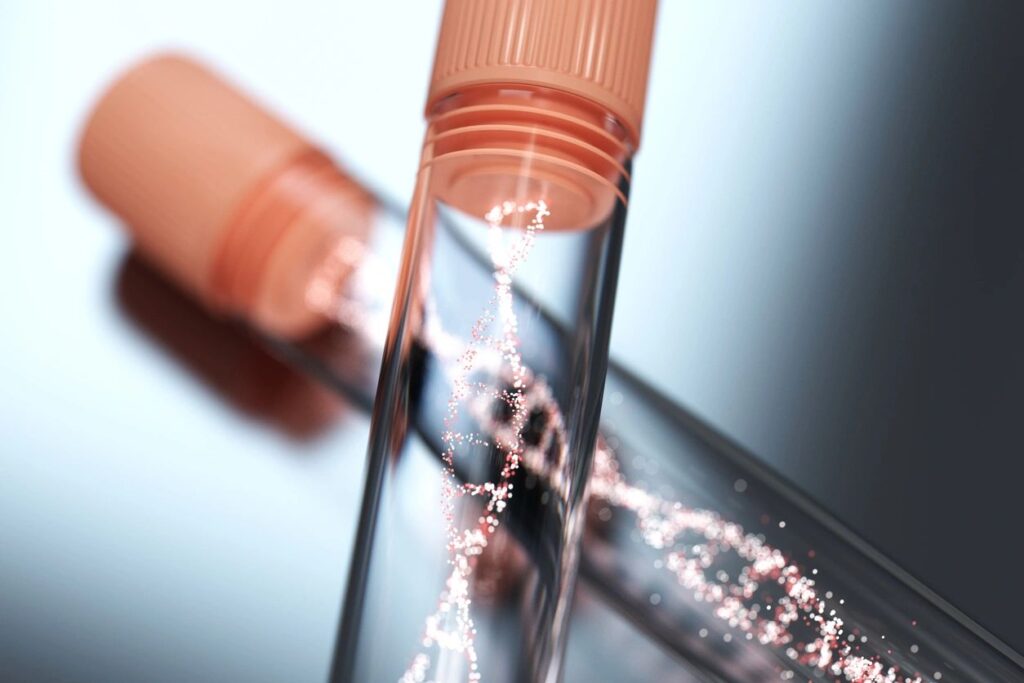
Science Connected: What do you do? Describe your job as if you were describing it to your non-scientist grandparents.
Dr. Newman: I do a lot of different things in my job. As a professor I teach classes to undergraduate and graduate students and I run a research lab where I train undergraduate and graduate students in molecular biology techniques. Specifically my lab studies human adult stem cells to understand what factors influence their behavior. During the pandemic, my lab expanded to study SARS-CoV-2 by detecting levels of the virus in community wastewater and sequencing positive COVID-19 swabs to determine variants present in the community. As an Associate Dean, I support faculty and students in conducting research, applying for grants, and advancing their research programs. As the Associate Director of the VISTA Center, I represent the science half of the team. I assist in identifying clients, covering scientific concepts for illustration, and confirming accuracy in representations.
SC: What was your path to becoming a biologist and why did it interest you?
Newman: I knew I loved biology but I didn’t know what to do with that for a long time. I first thought I would become a doctor, which was never something I really wanted to be since blood and needles freak me out! Nevertheless, I went to college planning to major in Biology and pursue the requirements for medical school. After the summer of my freshman year I had the opportunity to work in a research lab and I fell in love! What I found most fascinating as I learned more about biology was how our DNA defines us. What regulates gene expression, how can it work so much of the time, what happens when it goes wrong, how do cells know what to do? I continued doing undergraduate research until I graduated. I had attended a small liberal arts college and so was less familiar with larger universities. In order to gain more experience and be better prepared for graduate school, I worked as a research assistant at MIT. After two years of working I applied to and was admitted to graduate programs across the country. I stayed at MIT for my PhD and upon graduating moved to Louisiana.
SC: What’s a challenge you’ve faced in reaching your current role, and how did you overcome it?
Newman: A challenge for me was when I moved to Louisiana from Massachusetts and struggled to find the job I knew I wanted. I moved for personal reasons and for a while was commuting 75 miles each way to work in a research lab. This meant I didn’t get to see my family or have friends in either the city where I worked or the city where I lived. To me, that was just too much sacrifice and when I left that position I had a hard time finding something else. For a while I sold clothes at a boutique downtown, worked in a research lab on the campus of a local university, and eventually was able to teach a class. I did a lot of work for little or no pay so that I could stay involved in research. Eventually my patience and perseverance paid off and I applied for and was offered a position in the School of Biological Sciences at Louisiana Tech. What helped me to overcome the challenge was a commitment to what I wanted in a career.
SC: How does your role impact science and/or the public? In other words, how are you changing the world?
Newman: We do basic science in my lab, where understanding how cells respond to their environment can shed light on developmental defects and disease. Recently with the COVID-19 projects, we are contributing to public health initiatives. We connect with patients, engage them in the process, and empower them to understand their health, take advantage of resources, and allow them to contribute to scientific and public health knowledge.
SC: What’s your favorite part of your job?
Newman: I love interacting with students. I love working with a student as they find their true passion and then guiding them on to the next step in their career. Getting to be a part of someone’s college experience and future is why I love my job!
SC: What one piece of advice would you give to someone (a middle/high school student interested in science) who may be interested in going into your field?
Newman: Don’t give up. Research can be frustrating, but the times you get results are totally worth it! Be open. I never thought I would be working with an artist and installing 50 pieces in a science and art museum exhibit space. Never say never and be open to opportunities that come to you!
SC: Outside of working as a biologist, what brings you joy?
Newman: I love being with my family (husband, son [7], and daughter [5]). I enjoy reading and running, especially trail running.
This interview with biologist Dr. Jamie Newman is part of the Get to Know a Scientist series from Science Connected.

